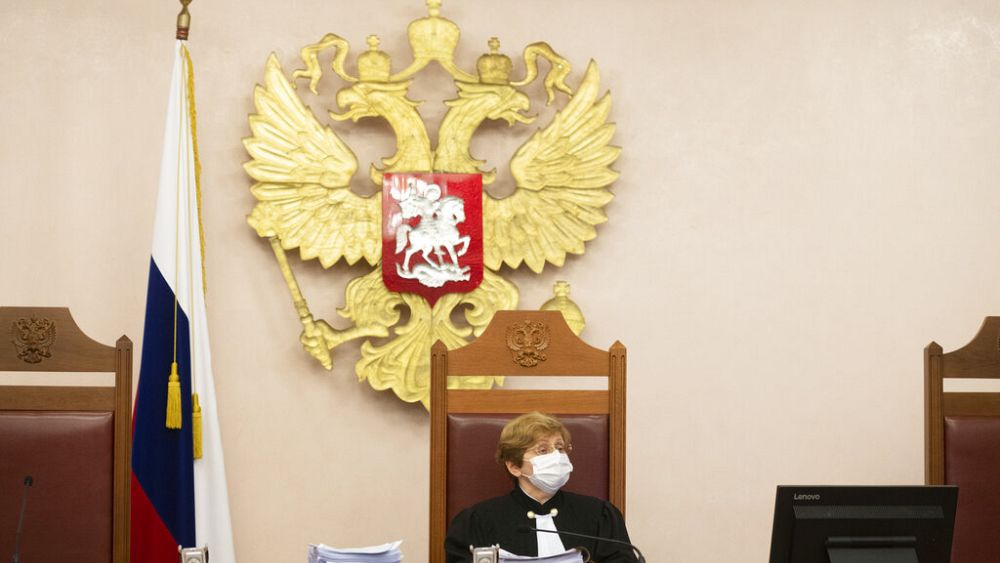
Russia’s Supreme Court on Thursday started hearing a petition to shut down Memorial, one of the country’s oldest and most prominent human rights groups.
The move elicited public outrage amid a months-long crackdown on activists, independent media and opposition supporters.
Several hours into the hearing, the court decided to adjourn until December 14.
The Prosecutor General’s Office earlier this month petitioned the Supreme Court to revoke the legal status of Memorial.
The international human rights group rose to prominence for its studies of political repression in the Soviet Union and currently encompasses more than 50 smaller groups in Russia and abroad.
Memorial was declared a “foreign agent” in 2016 — a label that implies additional government scrutiny and carries strong pejorative connotations that can discredit the targeted organisation. Prosecutors allege that the group repeatedly violated regulations obligating it to mark itself as a “foreign agent” and tried to conceal the designation.
Memorial and its supporters have maintained the accusations are politically motivated.
As a hearing into the petition to shutter Memorial commenced on Thursday, large crowds gathered in front of the Supreme Court building in a show of support for the organisation.
At least three people reportedly have been detained — among them two elderly women holding banners that read “Thank you, Memorial, for remembering us” and “You can’t kill the memory of the people.”
Oleg Orlov, chair of Memorial, said on Thursday that the group will appeal the ruling, if the court decides to shut it down, and will continue operating. “
We will appeal up to the European court level, and we’ll keep working one way or another. It may be not within the would-be liquidated international Memorial, but we also have the Moscow Memorial and many Memorials in Russia’s regions — until they get liquidated,” he said.
In recent months, the Russian government has designated a number of independent media outlets, journalists and human rights groups as “foreign agents.”
At least two disbanded to avoid a tougher crackdown.
